The Best Red Wine For Sangria, According To Wine Experts

Kicking back with a cool glass of red sangria is pretty much the perfect way to spend a summer evening. And, if you’ve never made it yourself, it’s time to change that (don’t worry if you’re not usually the bartender in your friend group—there’s really not a set “recipe,” and you can customize it and add whatever fruit and spices you like).
The traditional Spanish punch features delicious slices of fruit floating in a wine base. Add some sugar and a little brandy, and you’re ready to enjoy a little sip of heaven.
Here’s the thing: Even though recipe for red sangria is pretty basic, there are a lot of different ways you can create it. Everybody seems to have their go-to method of selecting the wine, first of all. Some, like Regine T. Rousseau, founder of wine and spirits marketing and events company Shall We Wine, likes to start with a quality wine. “Nothing too expensive, but something that you would drink anyway,” she says. “I’ve heard people say ‘I want a cheap wine.’ Why would you do that? Don’t spend $100 on a wine for sangria, but definitely use a good, quality wine.”
But Maria C. Hunt, wine journalist, educator, and author of The Bubbly Bar: Champagne and Sparkling Wine Cocktails for Every Occasion, says that “sangria is a great way to use up little leftover wine, or a new wine that you tried, but didn’t quite fall in love with.” Noted—definitely have a few of those bottles hanging around.
Basically, your wine base is pretty flexible. One thing to keep in mind, though, according to Rousseau: You’ll want something dry. “That wine will balance out the sweetness and all of the other ingredients,” she says. Otherwise, your sangria might taste too sugary sweet and take you back to your college days of bottled red sangria from the corner store.
Once you’ve got your wine in there, you’ll want to use fruits that add texture to each glass. “Mix it up—crunchy pink lady apples to more of a firm mango and citrus,” Rousseau says. You can also soak your fruit in brandy or rum and infuse a seasoning like cinnamon, rosemary, or thyme, before you add it to your drink, she says.
Next comes the sugary stuff. “Typically a sangria will include some sweetener, either sugar or some lemon soda,” Hunt says. “But the way you make yours is a matter of personal preference.” And, if you really want to make your sangria pop, you’ll put it all together at least a couple of hours before you plan to serve it (or drink it yourself), Hunt says. “That gives the spices time to release their flavors and for the fruit to soak up some of the wine and spirits,” she adds.
But, of course, it all starts with the star of the show: the wine (which, in most cases, you can order straight to your door. Have a wine subscription? Even better). The experts swear these are some of the best red wines for summer sangria.
1. Rioja
Rioja is actually crafted from a blend of grapes, including Tempranillo, Rousseau says. The wine has a slightly spicy taste with some cherry undertones that make it a good balance for fruit.
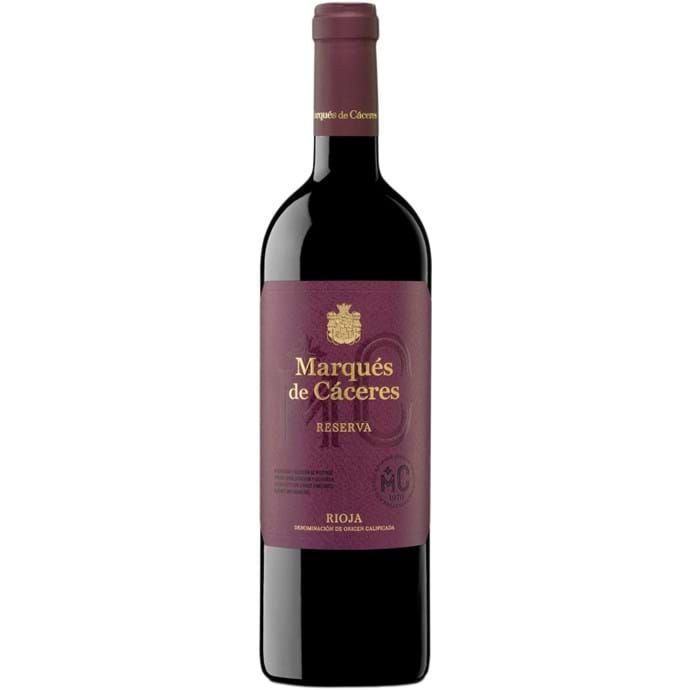
2. Garnacha
Garnacha is a medium-bodied wine that has a little more alcohol than others. It also ranges from dry to semi-sweet, Rousseau says.
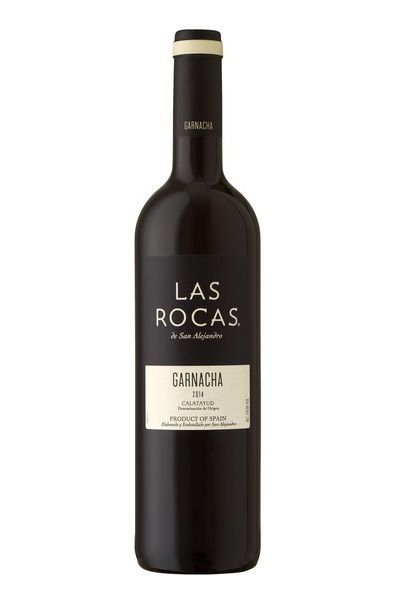
3. California Red Blend
A red blend typically has a few different flavors in the mix, including cherry, plum, cedar, and vanilla—and they all taste amazing in sangria. Hunt is a fan of this one.
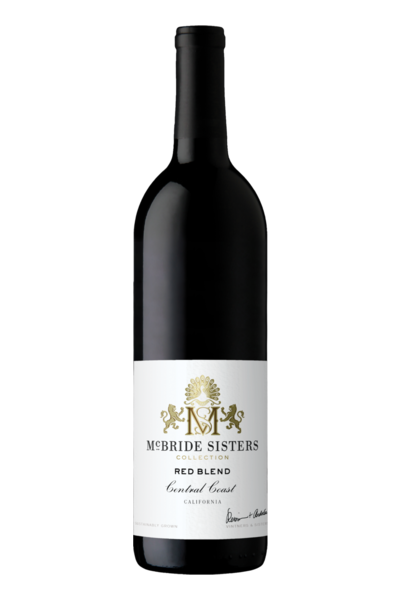
4. Gamay Noir
This type of red is light-bodied and super similar in taste to Pinot Noir. If you’re looking to spend a little more, Hunt suggests this Gamay Noir from Oregon’s Willemette Valley.
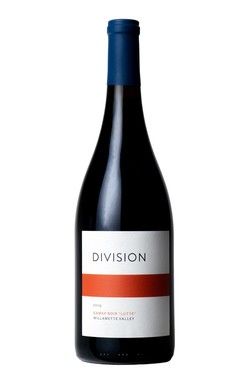
5. Tempranillo
Tempranillo is a full-bodied Spanish wine made from black grapes. It usually has some fruity undertones, like cherry and raspberry.
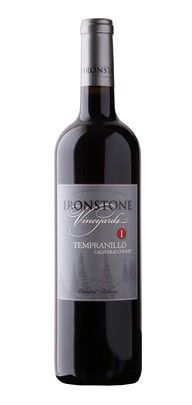
6. Pinot Noir
Like Gamay Noir, Pinot Noir is a lighter-bodied red wine. Typically, it incorporates flavors like cherry and raspberry, along with woody notes, that make it yummy on its own—or in sangria.
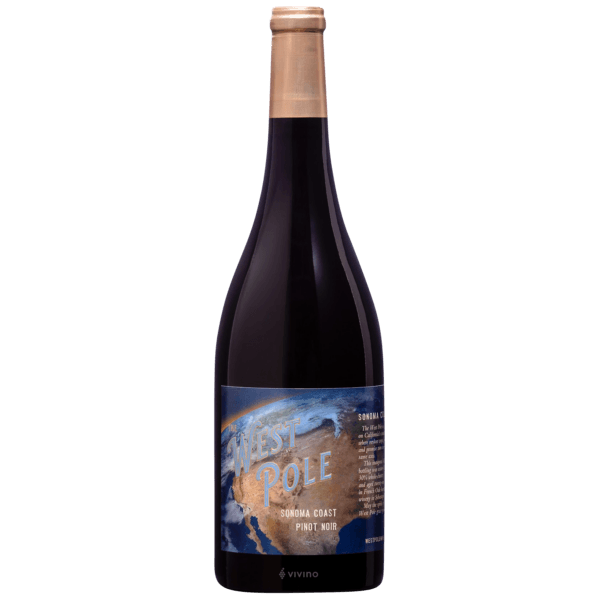
Source: Read Full Article